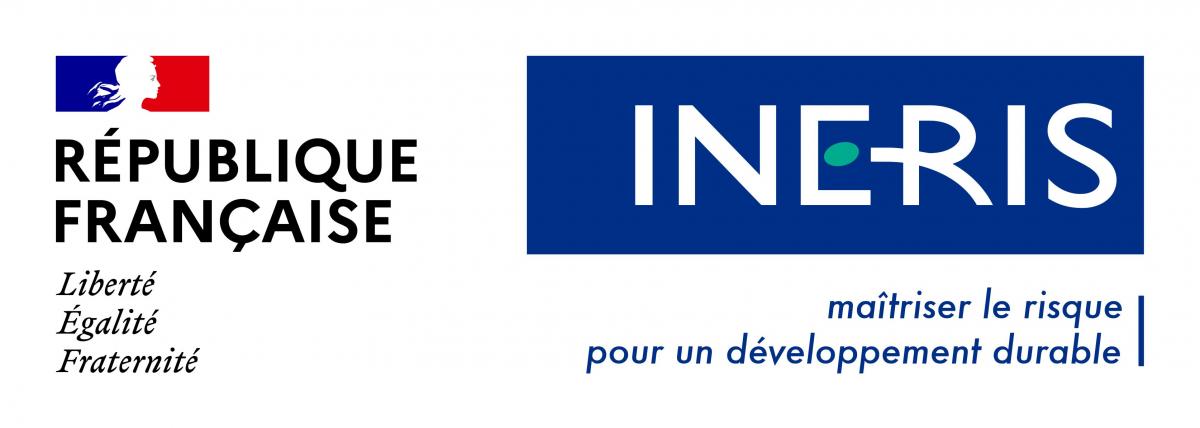Effect of several azole fungicides on biosynthesis of androgen using an ex vivo Zebrafish Testis explants Culture
Résumé
It is known that several azole fungicides can affect the expression and activities of some steroidogenic P450 enzymes in vertebrates, including fish. Among them, propiconazole (PPI), fenbuconazole (FB), clotrimazole (CLO) and ketoconazole (KTZ) have been shown to strongly inhibit ovarían aromatase activities but little is known about their potential effect on hormonal biosynthesis by male gonads. In this study, a recently developped zebrafish testicular explant culture system was used to assess their effect on biosynthesis of 11- ketotestosterone (11KT), a potent androgen in fish as well as on expression of some key steroidogenic genes (star, cyp17a1, cyp11b). In this assay, fungicides were tested alone or in combination with forskolin (FSK, 1uM), an activator of the cAMP pathway that stimulates steroidogenesis. After 6 days of ex vivo exposure to FSK, steroidogenic genes expression was strongly induced as well as 11KT release in the culture medium. Interestingly, azole fungicides (0.2 to 5uM), alone or in combination with FSK did not changed basal or FSK- induced steroidogenic genes expression. However, they inhibited both the basal and FSK-induced 11KT release. The ability of CLO and KTZ to inhibit 11KT release occured at 1uM while for FB and PPI significant inhibitions were observed only at 5uM suggesting that these compounds were less active compared to CLO and KTZ. To conclude, the zebrafish testicular explant culture system was usefull to demonstrate the inhibitory action of azoles on 11KT biosynthesis. Inhibition of 11KT may rely on their ability to interact directly with steroidogenic enzymatic complex as inhibitors. The testicular explant culture system can serve as a tool to identify chemicals that disrupt sex steroid biosynthesis
